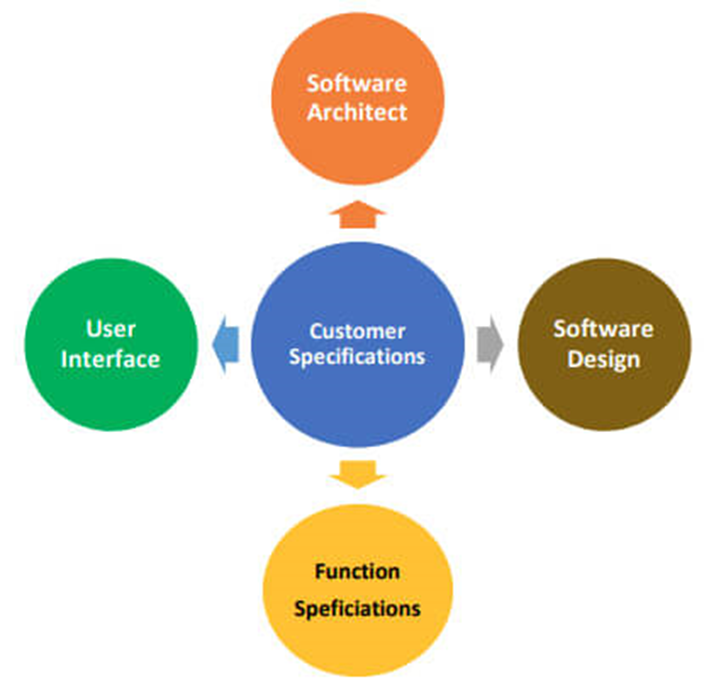Difference between system, integration and E2E tests
Reference: https://medium.com/@ogedengbe_idowu/difference-between-system-integration-and-e2e-testing-f28bdddf6c70
System Testing
This is the level of
testing that validates the complete and fully integrated software product. The
purpose of a system test is to evaluate compliance with its specified
requirements and specifications. Usually, the software is only one element of a
larger computer-based system. Ultimately, the software is interfaced with other
software/hardware systems. System Testing is actually a series of different
tests whose sole purpose is to exercise the full computer-based system. System
testing seeks to detect defects both within the “inter-assemblages” and also
within the system as a whole. The actual result is the behaviour produced or
observed when a component or system is tested.
system testing is carried
out to achieve the following:
·
Testing
the fully integrated applications including external peripherals in order to
check how components interact with one another and with the system as a whole.
·
Verify
thorough testing of every input in the application to check for desired
outputs.
·
Testing of
the user’s experience with the application.
Below are some types of
system testing performed in the software industry
·
Usability testing — mainly focuses on the user’s ease to use the application,
flexibility in handling controls and ability of the system to meet its objectives.
·
Load Testing -is necessary to know that a software solution will perform under
real-life loads.
·
Regression Testing – involves testing done to make sure none of the
changes made over the course of the development process has caused new bugs. It
also makes sure no old bugs appear from the addition of new software modules
over time.
·
Recovery testing — is done to demonstrate a software solution is reliable,
trustworthy and can successfully recoup from possible crashes.
·
Migration testing- is done to ensure that the software can be moved from older system
infrastructures to current system infrastructures without any issues.
·
Functional Testing — Also known as functional completeness testing,
it involves trying to detect any possible missing functions. Testers might make
a list of additional functionalities that a product could have to improve
during functional testing.
·
Hardware/Software Testing — This is when the tester focuses his/her
attention on the interactions between the hardware and software during system
testing.
Integration Testing
Integration testing is
defined as a type of testing where software modules or systems are integrated
logically and tested as a group. A typical software project consists of
multiple software modules, coded by different programmers. The purpose of this
level of testing is to expose defects in the interaction between these software
modules when they are integrated. Integration Testing focuses on checking data
communication amongst these modules against the requirement of the system
specification.
End To End Testing(E2E)
End to end testing (E2E
testing) refers to a software testing method that involves testing an
application’s workflow from beginning to end. This method basically aims to
replicate real user scenarios so that the system can be validated for integration
and data integrity.
Essentially, the test goes
through every operation the application can perform to test how the application
communicates with hardware, network connectivity, external dependencies,
databases, and other applications. Usually, E2E testing is executed after
functional and system testing is complete.
Software systems nowadays
are complex and interconnected with numerous subsystems. If any of the
subsystems fails, the whole software system could crash. This is a major risk
and can be avoided by end-to-end testing.

Comments
Post a Comment